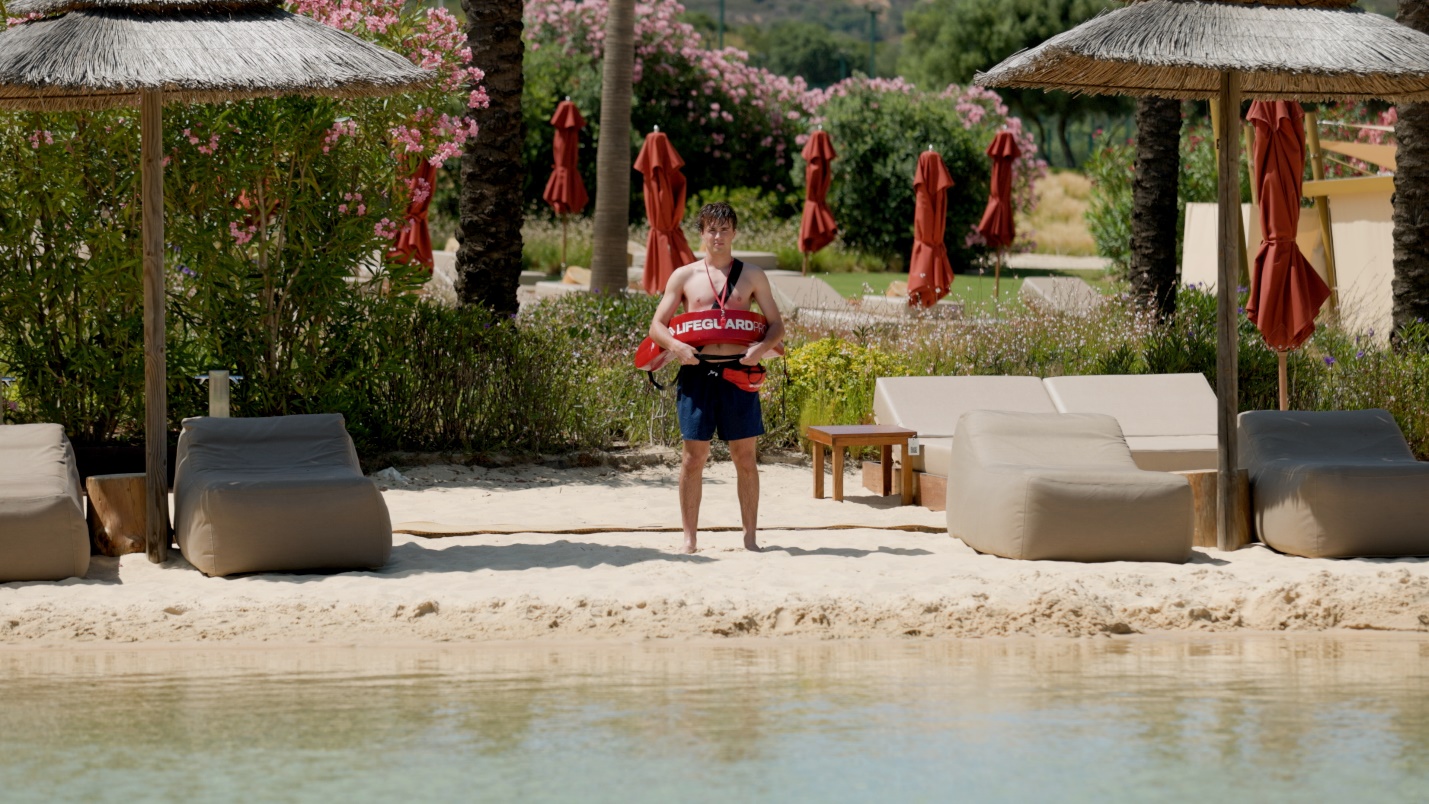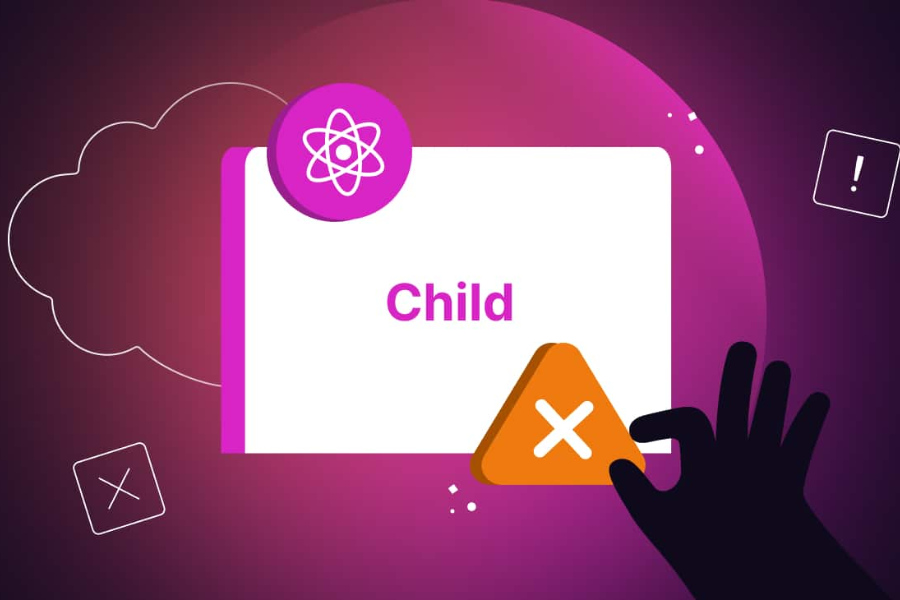Becoming a lifeguard is an enabling and satisfying career decision that offers the opportunity to save lives, ensure safety, and work in a unique environment. If you’re thinking about this way, you’ll have to meet specific requirements, go through thorough training, and focus on constant learning.
This article will guide you through the essential strides, from understanding the role to finding the right training and certification programs.
Understanding the Lifeguard Role
Before leaving on your excursion to becoming a lifeguard, getting a handle on the responsibilities that come with the job is crucial. Lifeguards are trained professionals answerable for managing the safety of swimmers, preventing accidents, and answering emergencies in aquatic environments, for example, pools, beaches, water parks, and lakes.
The role requests sharp perception skills, fast decision-production, and the physical endurance to perform rescues. Lifeguards should likewise be capable in controlling first aid and CPR, as they are much of the time the first responders in cases of drowning, injury, or different emergencies.
Meeting the Basic Requirements
To sign up for a lifeguard class, you should meet specific essentials, which might differ somewhat relying upon your location and the specific certification program. For the most part, you should be no less than 15 years old (however some programs expect possibility to be 16 or older) and have strong abilities to swim.
Most certification programs will expect you to finish a pre-course swim assessment that typically incorporates:
- Swimming a specific distance, normally 300 yards, ceaselessly.
- Floating temporarily, generally two minutes, without utilizing your hands.
- Finishing a timed occasion that reproduces a rescue circumstance, which might incorporate swimming, recovering a weighted item, and swimming back to the beginning stage.
Choosing the Right Lifeguard class
Finding the right training program is basic to becoming an effective lifeguard. Search for a certified program that gives comprehensive training in water rescue techniques, first aid, and CPR.
When searching for a lifeguard class near me, think about the following tips:
- Accreditation: Ensure that the program is licensed by a perceived body, ensuring the training meets public standards.
- Instructor Experience: Instructors ought to be certified, experienced, and learned. They ought to give involved training and real-life situations to set you up for genuine emergencies.
- Location and Schedule: Pick a class that accommodates your schedule and is strategically placed. Some programs offer adaptable hours, including night and end of the week classes.
The Training Process
Lifeguard training is extraordinary and exhaustive, intended to outfit you with the skills expected to effectively deal with emergencies. During the ALA lifeguard class you will go through both theoretical and practical training to become equipped with techniques to handle all kinds of emergencies in and near water.
Water Rescue Techniques
You will learn different water rescue techniques customized to different situations, like cognizant and oblivious casualties, troubled swimmers, and multiple-casualty rescues. Training additionally incorporates dealing with spinal injuries, which require cautious and exact movements to prevent further damage.
First Aid and CPR
Lifeguards should be capable in directing first aid and doing mouth to mouth. You’ll figure out how to oversee dying, cracks, consumes, and different injuries, as well as how to do mouth to mouth on grown-ups, youngsters, and babies. Your training will likewise cover the utilization of automated external defibrillators (AEDs).
Team Coordination and Communication
Effective communication and teamwork are crucial in lifeguarding. You’ll be trained to work consistently with different lifeguards, pool staff, and emergency responders. This incorporates utilizing hand transmissions, whistles, and radios to pass on messages rapidly and obviously during emergencies.
Certification and Recertification
After finishing your lifeguard class, you should breeze through an end of the year test, which ordinarily incorporates both a composed test and pragmatic assessments. If you pass, you will accept your lifeguard certification, which is typically legitimate for a long time.
It means quite a bit to keep awake to-date with your skills, as lifeguard certifications require recertification at regular intervals. This ensures that lifeguards stay capable in their capacities and learned about the most recent safety conventions.
Lifeguard Job Search and Opportunities
Once certified, you can begin searching for lifeguard job opportunities. Lifeguards are popular at various scenes, including public and confidential pools, beaches, resorts, and water parks. You can look for jobs on the web, through neighborhood government sites, or by reaching nearby aquatic facilities straightforwardly.
Lifeguarding with the American Lifeguard Association
The American Lifeguard Association (ALA) is a main supplier of lifeguard training and certification programs. ALA offers a great many classes that meet public standards and give comprehensive training in water rescue, first aid, and CPR. By signing up for a program through the American Lifeguard Association, you can be guaranteed that you are getting top-quality training that will set you up for an effective and compensating career as a lifeguard.
Final Word
Becoming a lifeguard is a difficult yet remunerating try that requests devotion, legitimate training, and a strong commitment to safety. By getting a handle on the responsibilities of the role, satisfying the fundamental requirements, choosing the right training program, and persistently leveling up your abilities, you can leave on a career that brings individual fulfillment as well as decidedly impacts the lives of others.
Begin your process today via searching for a “lifeguard class near me” and take the first move toward becoming a certified lifeguard.











